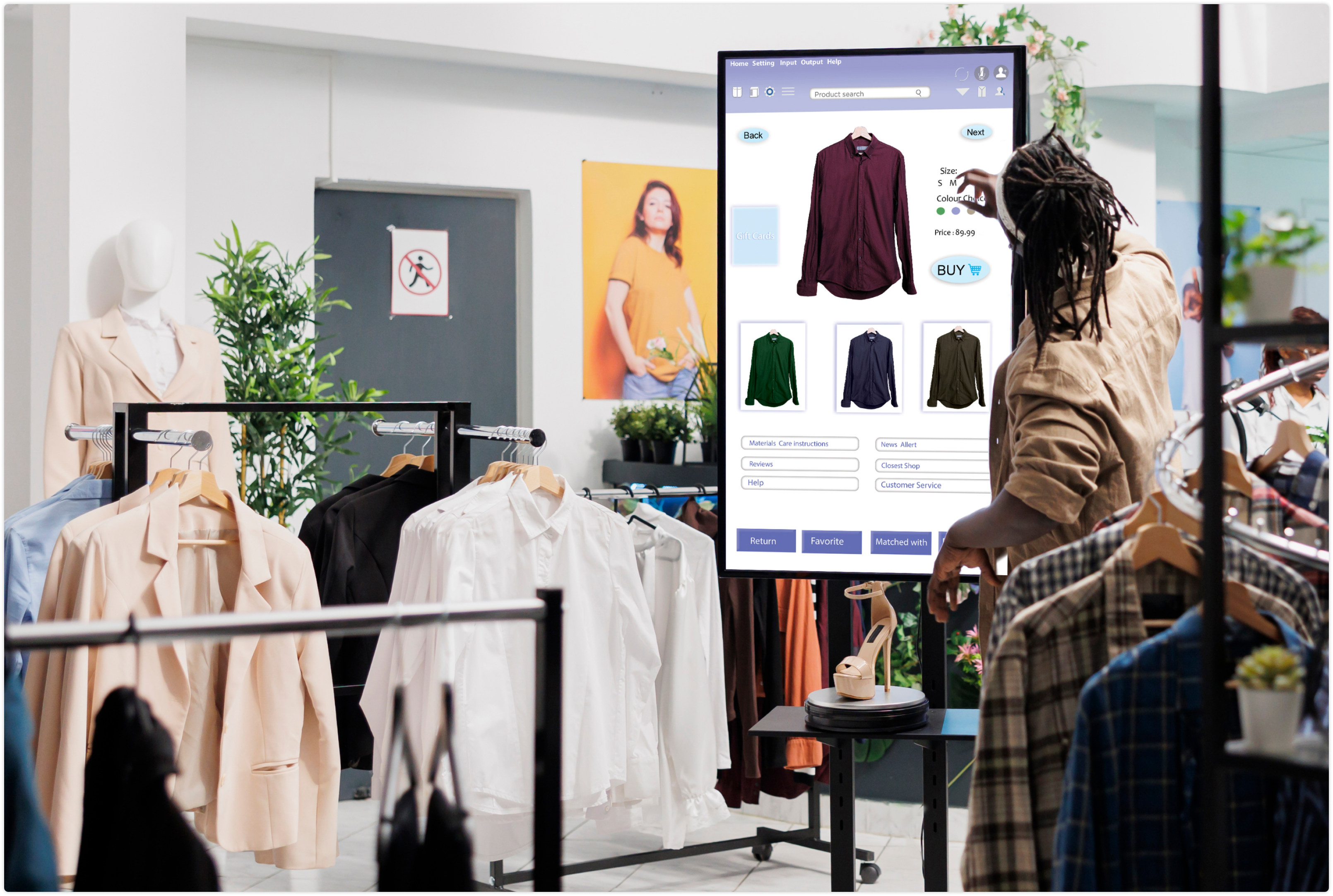The Rise of the Rental and Resale Market in Fashion

Fashion, once an industry driven by the allure of 'newness', is undergoing a transformation. As the wheel of time turns, old becomes new again, and this is particularly evident in the rising popularity of the rental and resale market within the fashion sector. But what is driving this change? Let's explore.
1. Historical Context
Fashion has always had a cyclical nature, with past trends often resurfacing in new avatars. However, the concept of purchasing second-hand clothing isn't new. Thrift stores and vintage shops have been around for decades. Yet, there was a time when donning second-hand or rented clothes came with a stigma, often associated with financial constraints. But as Bob Dylan rightly said, "The times they are a-changin'."
2. Changing Consumer Mindset
The heart of this transformation lies in the evolving mindset of the contemporary consumer. Led predominantly by the values of Millennials and Gen Z, there's a visible shift from the desire for ownership to valuing experiences. The incessant need for 'newness' in fashion is giving way to a preference for diversity, sustainability, and affordability. Why own a high-end dress you'll wear only once when you can rent it? Or why buy new when you can own quality, branded items for a fraction of their original price?

3. Environmental Impacts
It's impossible to talk about the shift towards resale and rental without discussing the environment. Fast fashion, characterized by rapid production cycles and low-quality materials, has wreaked havoc on our planet. From water pollution to overflowing landfills, the cost of staying 'in trend' has been high. The rental and resale model offers a sustainable alternative. By giving garments a second life, we reduce waste and curtail the carbon footprint associated with producing new clothing items.
4. Economic Impacts
The economic implications of this shift are palpable. Resale platforms like Depop and Poshmark have become the go-to for many fashion enthusiasts, providing them access to luxury items without the luxury price tag. On the flip side, these platforms offer individuals an opportunity to monetize their previously loved items. Then there's the rental model, embodied by platforms like Rent the Runway, which brings haute couture into the wardrobes of the masses without the hefty price tag.

5. Challenges in the Rental and Resale Market
While the benefits are evident, the rental and resale market isn't without challenges. Ensuring the authenticity of branded items is paramount, as counterfeits dilute brand value and deceive consumers. Moreover, there's the crucial aspect of quality control. Especially in the rental sector, maintaining product hygiene and quality over multiple uses is vital. Then comes the intricate task of pricing, where platforms must strike a balance between perceived value and market demand.
Fashion, in its essence, is a reflection of society and its evolving values. The rise of the rental and resale market signifies a broader shift towards sustainability and conscious consumerism. While challenges persist, the trajectory is clear. As consumers, embracing this sustainable shift not only makes economic sense but also helps ensure that the planet remains in vogue for generations to come.